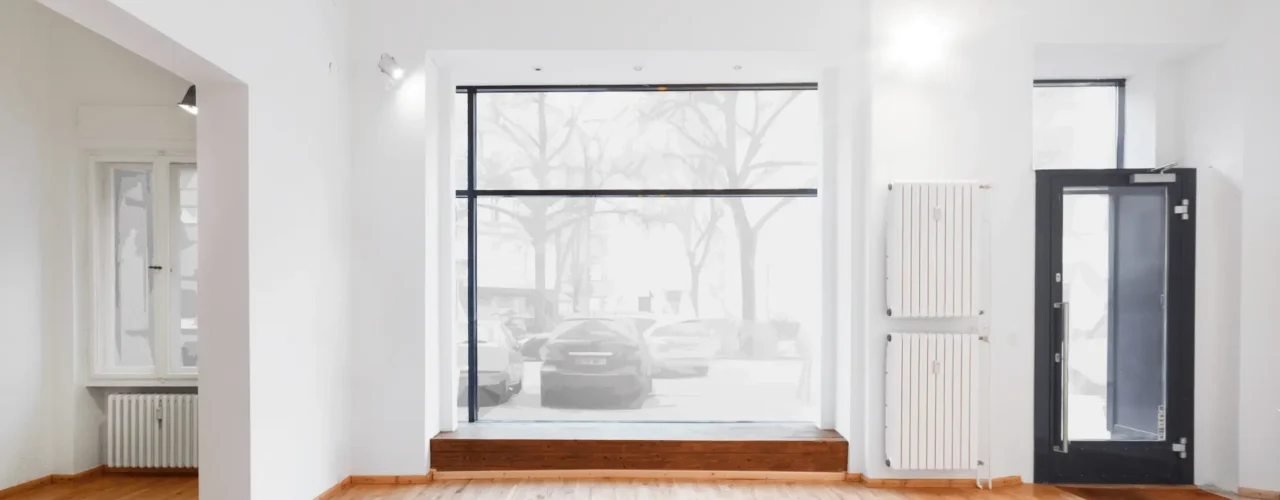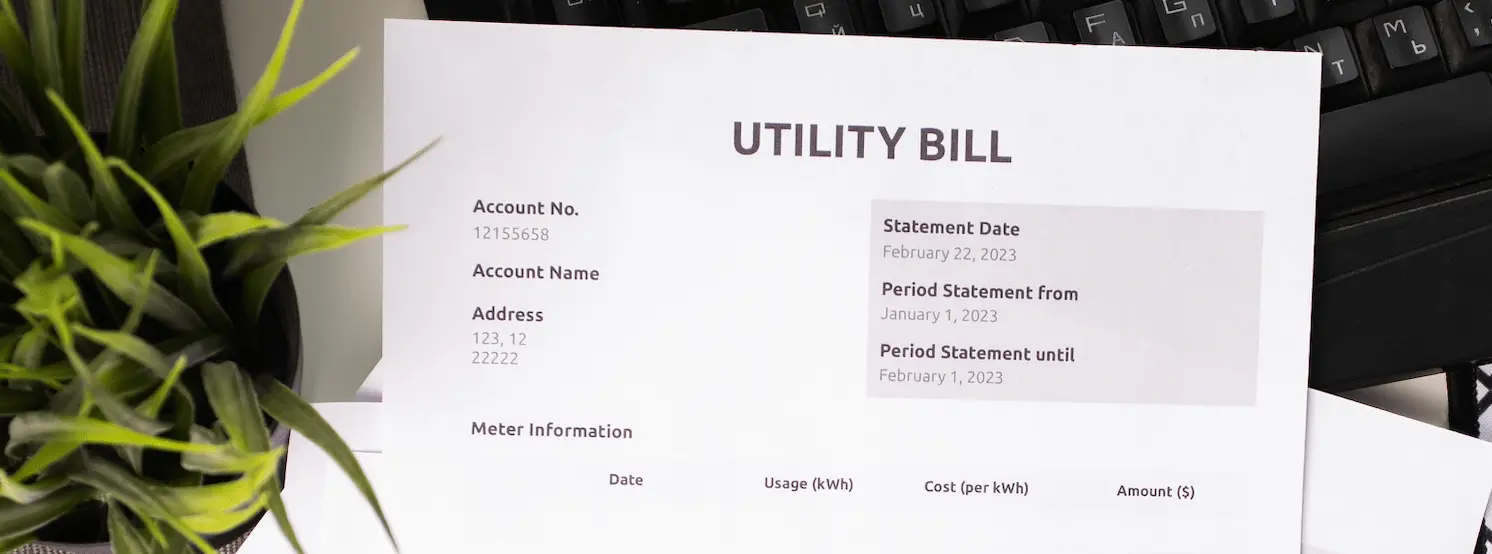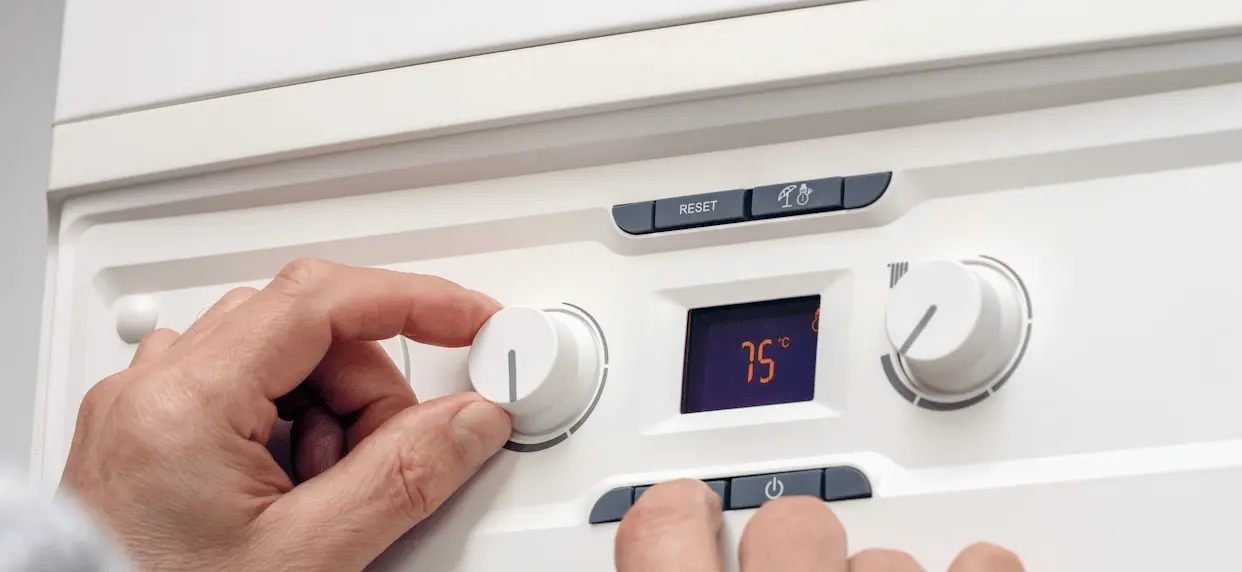
Landlord utility bills between tenants: Who pays when the property is empty?
05-08-2025 | UtilitiesLandlords will want to try everything they can to reduce void periods, but sometimes it’s inevitable. When a rental property is unoccupied between tenants, utilities don’t stop. Gas, electricity, water and other bills roll on. This comprehensive guide explains when and why landlords cover utility bills between tenants.
It will cover how to handle contracts with providers, meter readings, and managing standing charges. It will also offer cost-saving tips, like reducing boiler timers or switching to void tariffs, and provide advice on how to budget for and recover these costs within your overall rental income plan.
Do landlords pay utility bills between tenants?
Yes, landlords pay utility bills between tenants. During the void period, the property still requires utilities such as gas, electricity, and water, and the owner will need to pay for them. Landlords will be keen to keep the energy use to an absolute minimum, but it’s vital to keep some items active.
Keeping them running is vital during cold winter months. If the heating is not used, mould can appear on the walls and the windows. Pipes may freeze and crack. Depending on the specific bill and contract, the property may also incur standing charges. Standing charges will contribute to landlord utility bills between tenants.

Managing utility bills during void periods
Void periods can be busy and stressful as you go through several tasks to find and then onboard a new tenant. To make sure you are not overspending or making the utility bill process more complex, it’s worth going through the following steps.
- Contact your utility provider: It’s worth reaching out to your utility provider. The tenant should inform the utility provider anyway, but it’s best to double-check. It’s also worth informing them of the move-out dates and checking they have the correct details.
- Take meter readings: Take meter readings on the day the tenant leaves and again when a new tenant moves in. This prevents disputes over usage. You should send these readings to the provider and make a note of them yourself in case you need to rely on them later.
- Review standing charges: It’s worth checking your standing charges. In some cases, you might have a ‘void tariff’ or ‘low-usage plan’ in place. Ensure you are paying the correct standing charges, as they can accumulate quickly.
- Understand contract terms: Some utility contracts have exit fees or penalties for switching providers. Before changing suppliers to lower costs, review the terms of the existing contract. For longer void periods, consider switching to a provider with better rates for low usage.
Practical tips for keeping landlord utility bills between tenants low
There are several steps you can take to help keep the bills low and manageable during the void period.
Adjust boiler settings
While you do need to heat the house during the winter months to prevent mould issues, you do not need it to work constantly. It’s worth lowering the thermostat and altering the timer so it only comes on for short bursts. This can help reduce the usage and lower the gas bill.

Disconnect non-essential utilities
Unlike the boiler, some utilities simply do not need to be switched on during a void period. You can either switch it off or, if possible, suspend the service with the provider.
Switch to a different tariff
There might be cheaper options, so shop around if possible. Energy regulator Ofgem has proposed that all energy suppliers will be required to offer low or no standing charges by winter 2025/26. It’s worth checking because standing charges can be high, contributing to a high landlord utility bill between tenants.
Invest in insulation
Adding insulation may bring a high upfront cost, but it might be worth it in the long run. Perhaps a void period offers an ideal time to add insulation, as the property is empty and everyone is out of the way. Having a more efficient home means less energy is needed to heat the house.
Monitor usage
Even in an empty property, unexpected usage can occur. Regularly check the property and review bills to catch issues early, thereby keeping landlord utility bills low between tenants. This technique can also help identify faults and issues, such as a leaky pipe.
Budget for void periods
Unfortunately, void periods are likely to occur when you are involved in the property market. There are steps you can take ahead of time to prepare for this period, such as setting aside spare money to cover mortgage payments and landlord utility bills between tenants.
You should also consider these costs when calculating your overall rental income plan. Landlords can’t directly charge tenants to cover the void periods, but you can calculate these expenses into your overall rental pricing. This will help ensure you are making a profit. By incorporating these costs into your financial planning, you can mitigate the impact of landlord utility bills between tenants on your rental business.
You can also provide a financial safety net by securing landlord insurance. If anything unexpected happens during a void period or with a tenant in your property, be prepared with landlord insurance. We have the expertise to find the best landlord insurance deals that are suitable for your needs as a landlord. Contact us today at 01788 818 670 for a quote, and don’t forget to visit our resource centre for more information on how to be a successful landlord.
We won't be beaten on any like for like landlord insurance quote.
Get a quote